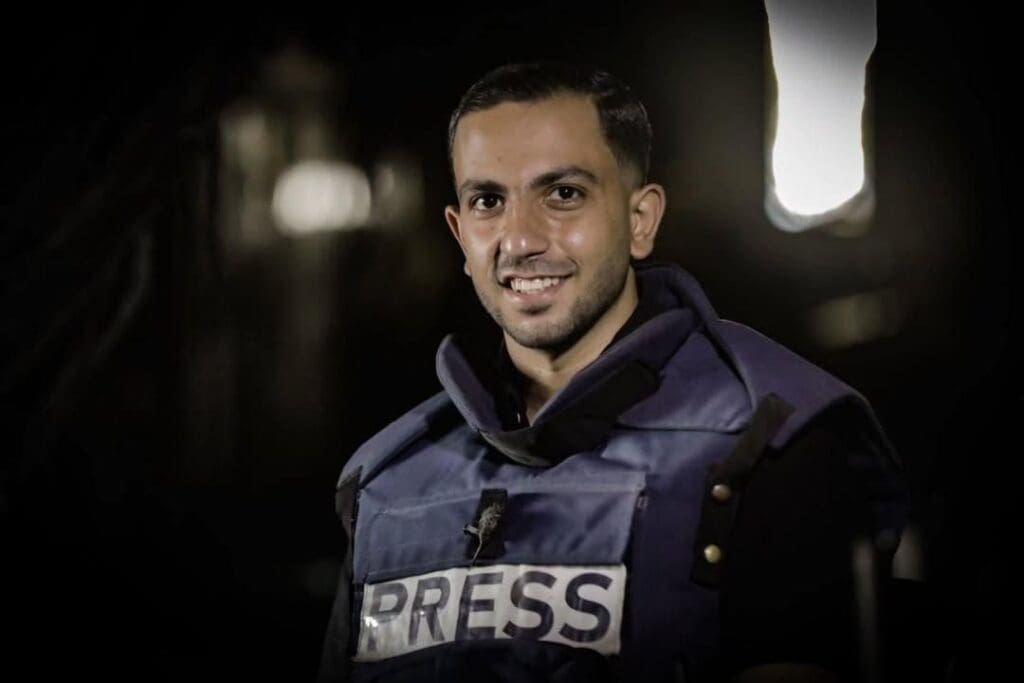In times of war, truth is often the first casualty. For journalists in Gaza, the cost of telling that truth is not simply professional risk, it is life itself. Anas Al-Sharif, a prominent Al Jazeera journalist, knew this more than anyone. He had been threatened before. Yet, he continued to report, camera in hand, words unwavering, documenting the devastation unfolding around him. On a Sunday marked by yet another Israeli airstrike, Al-Sharif and three of his colleagues were killed. But four months before his death, he had already written his will — a message he asked to be published only if Israel succeeded in silencing him.
His words, raw and unflinching, speak for Gaza’s pain and resilience. They are not simply a farewell, but a political and moral charge — a call to the world to remember Palestine, its people, and the children denied the chance to live and dream. In his testament, Al-Sharif entrusted the world with his homeland, his family, and the truth. He refused to distort reality, even in the face of threats, insisting on bearing witness to the “scattered remains of our children and women” and the silence of those who could have stopped the massacres but chose not to.
Al-Sharif’s final letter is more than a personal farewell; it is an indictment of a global order that allows such killings to go unpunished. It is a reminder that journalism, in its purest form, is an act of defiance against oppression. Even in death, his voice refuses to be muted — echoing from the rubble, demanding that borders, politics, and fear never restrain the pursuit of freedom for his people.
The death of Anas Al-Sharif is not just the loss of a journalist; it is the silencing of a truth-bearer who stood as a bridge between Gaza’s suffering and the conscience of the world. Yet, his words ensure that while Israel may have ended his life, it has not killed his voice. The question now is not whether we will remember him — but whether we will honor his will.















Leave a comment